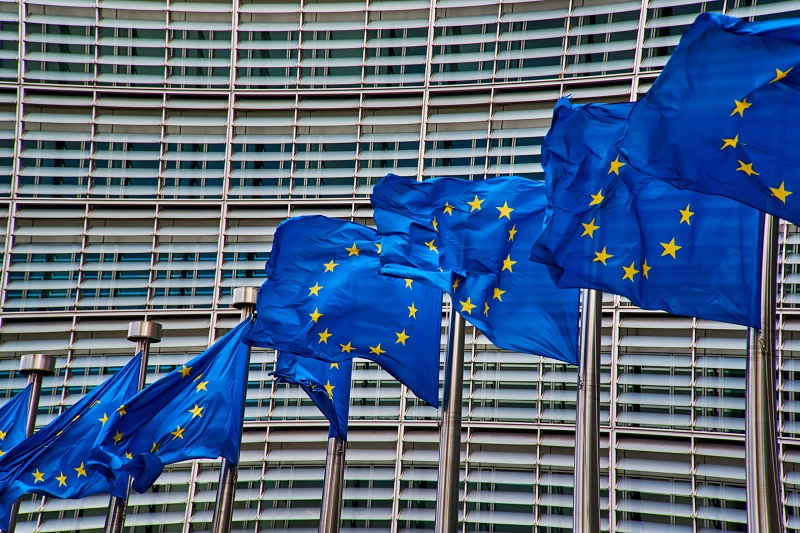
Brussels launches legal action against Poland over new ‘Russian influence’ law
The European Commission has launched legal action against the Republic of Poland over a newly-signed highly controversial law that establishes a special committee with prosecutor-like powers to probe cases of ‘Russian influence’ inside the country.
On Thursday, the Commission sent a letter of formal notice to Poland, starting an infringement procedure – which can end up in the European Court of Justice if the violation is not eventually addressed. The ECJ can penalise a member state, as has been the case with Poland in the past.
Led by the hard-right Law and Justice Party (PiS), the Polish government says the new committee, whose chair will be elected by the prime minister, will help strengthen the country’s “cohesion and internal security” in light of the war in Ukraine.
The scale of Russian influence on Poland is still not completely assessed, a government spokesperson told Euronews last week, stressing the committee shall not be capable of depriving anyone of their public rights.
Keep Reading
But the assurances couldn’t contain the fallout. Shortly after the president, Andrzej Duda, signed the controversial law last week, both the US Department of State and the European Commission issued critical statements, raising concerns over the potential impact on Polish democracy.
Washington and Brussels have voiced serious concerns over the committee potentially being used to target candidates in the run-up to the upcoming general election this autumn, depriving politicians of their right to a fair trial.
According to critics, the law is anti-constitutional as it violates the separation of powers by combining competences of the executive, the legislature and the judiciary into one single body. The term “Russian influence” has also been called vague and broad.
Responding to the growing backlash, the Polish president on Friday offered three key amendments, including all penalties to be removed and instead, the committee to just declare a person has acted under “Russian influence” and shouldn’t be allowed to perform public duties.
However, these amendments are still just proposals and need to be discussed in the parliament. Meanwhile, the original legislation has already entered into force. Its final approval triggered massive demonstrations last week, with thousands of protesters voicing their anger.



